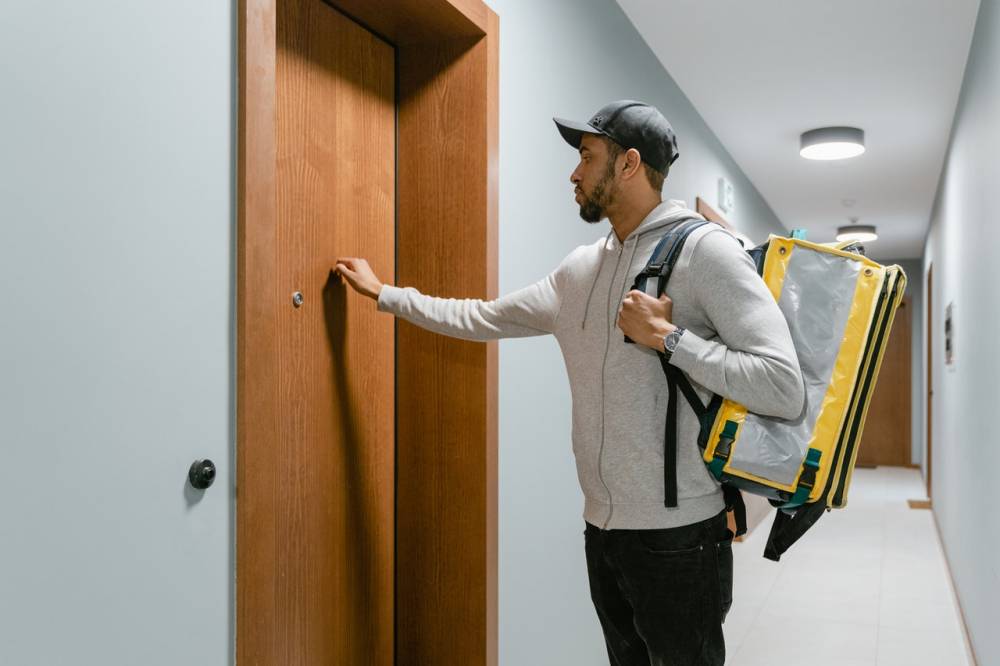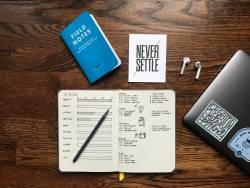
How to Do Things That Don’t Scale (When You Start a Business)

When it comes to building a startup, many founders think about scaling.
They look at Airbnb. They only see how these companies use tons of ads to acquire users and they think they should do the same.
They look at Uber. They think they need to recruit a big team of drivers.
They can see the scalable strategy that famous startups are using now. However, a lot of the time, that's not how these startups operate when they are at an early stage, or to be more specific, at a pre-product-market-fit stage.
Paul Graham, entrepreneur, venture capatalist and founder of Y Combinator has written an excellent article Do Things That Don't Scale. The essay has been further discussed in the video What Does It REALLY Mean To Do Things That Don't Scale?.
Here are some of the great examples of doing things that don't scale when you are starting a business:
1. Going door to door to recruit users
"In Airbnb’s case, these consisted of going door to door in New York, recruiting new users and helping existing ones improve their listings. When I remember the Airbnbs during YC, I picture them with rolly bags, because when they showed up for tuesday dinners they’d always just flown back from somewhere." - Paul Graham
Airbnb went door to door to look for customers. If going door to door doesn't make sense to your business. Try something similar. For example, find potential customers on Linkedin or Instagram and talk to them. Don't do mass messaging. Really connect with them.
2. Act like different users in your forum
If your business is similar to a forum, the scalable way to start the business would be to spend a lot of money on ads to recruit a lot of users to post content and comment. Reddit did it the unscalable way when they started. Reddit's founding team basically posted contents themselves as different users. They made the website look like that there are a lot of different users posting content.
3. Hand delivering food / products
Whether your startup delivers food or flowers, try to do hand delivering yourself. That way, you can talk to your customers and get useful and real feedback. You can then also control the quality of the delivery.
4. Answer customer inquiries
If you are a founder that is an engineer or a designer, it could be a little scary to answer customer inquiries yourself. But thru doing that, you can make sure you get real feedback and that gives you a chance to improve your product more quickly and accurately.
5. Build an unscalable MVP
The main purpose of building the first version of your product is to check if there's a market for the product. When you build your product, make shipping your main goal instead of writing the most scalable code.
Conclusion
Doing things in a scalable way looks smart on the surface. But it is often not the case before you find your product-market fit. When the tech giants are doing things in the most scalable and automatic way, doing unscalable and manual things gives your early-stage startup the chance to stand out.













